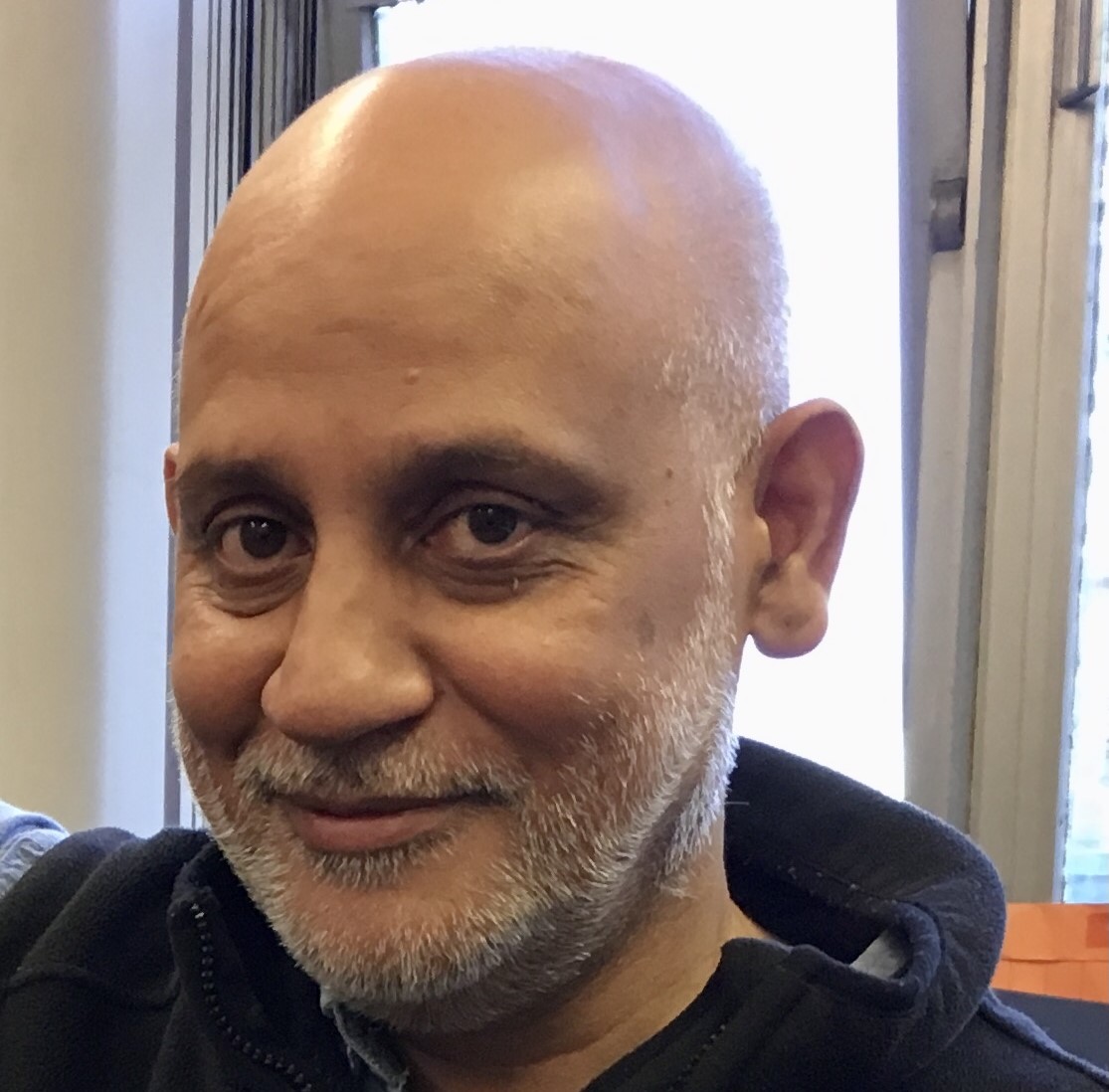Little Princess Trust News
New combination treatments for neuroblastoma

Trying to make sure cells grow and behave correctly
Every day, our bodies keep the balance between healthy and unhealthy. They have to make sure there’s enough oxygen in our blood, but not too much carbon dioxide.
That we absorb enough vitamins – but not too many as that would be unhealthy too.
Our cells have a lot to balance too. Not just by maintaining the right amounts of energy and nutrients, but also by regulating how they use their genetic code.
All cells carry a full copy of the genetic code, which contains all the instructions that make you unique.
These instructions make proteins for the cell. Proteins do most of the work in your body, from digesting food to carrying oxygen to your muscles.
Some proteins have opposing functions – like ones which make the cell grow really fast and ones that limit growth.
These have to be kept in careful balance within every cell to make sure the cell behaves properly. In cancer cells, the proteins can often be disrupted.
They grow out of control because they have too many growth-promoting proteins and too few limiting proteins.

Professor Karim Malik is working on a type of cancer called neuroblastoma, which is particularly affected by too many growth-promoting proteins.
His research has discovered a new protein called CARM1 that helps improve cancer cell survival. His team has shown that removing this protein reduces cancer cell survival and growth.
In his Little Princess Funded project, which finishes next year, Karim is testing medicines that stop CARM1 from working with ‘autophagy inhibitors’.
These medicines stop cancer cells from getting rid of their waste, allowing toxic waste to build up and kill the cancer cells.
Karim’s team believe that the two medicines will work together to be much better at fighting neuroblastoma than either would be alone.
The combination treatment should also be effective for the harder-to-treat types of neuroblastoma.
Some of the medicines Karim is testing have already been approved for use in other cancers.
This means they don’t need to undergo the extensive safety testing a new medicine would need, so they could be available for patients much faster.
Ultimately, Karim hopes to show whether this combination of medicines is an effective treatment for neuroblastoma.
And his project will generate the information needed to take the treatment forward for further research. Find out more here.



